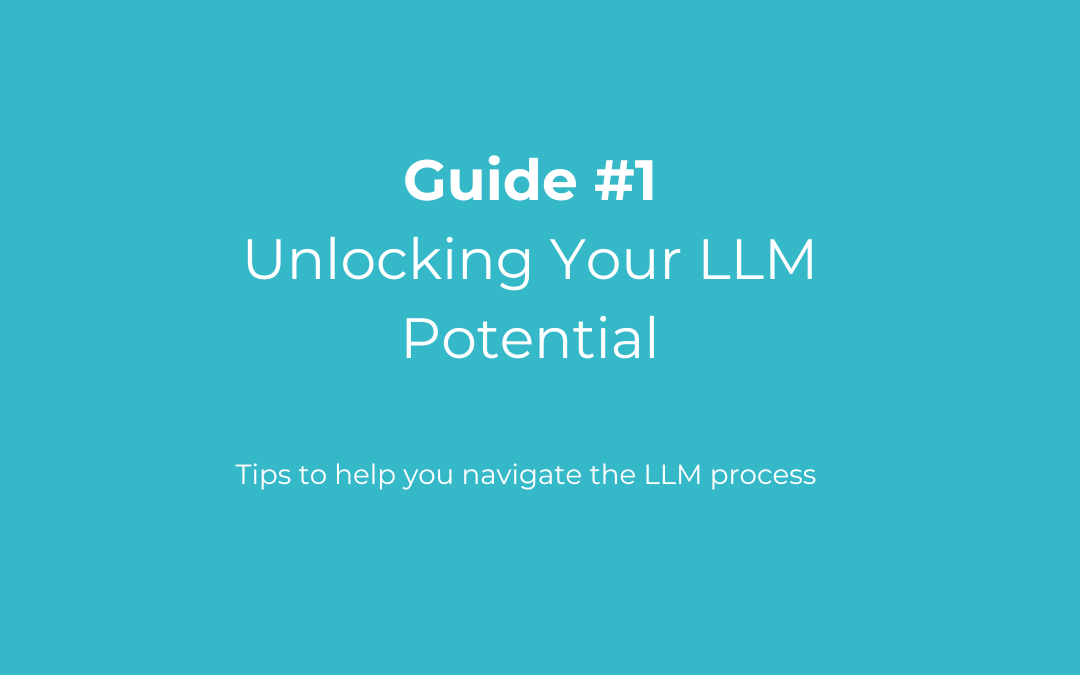Introduction:
Securing a spot in a top LLM program like Harvard or Stanford requires a strategic and well-rounded approach. It’s not just about grades—it’s about presenting a holistic profile that highlights your strengths, experiences, and ambitions. This comprehensive guide will help you navigate the application process, from timing your application to crafting compelling personal statements and selecting the right references.
Section 1: Building a Balanced Profile
To stand out in your LLM application, you need to showcase a balanced profile. Top universities look for candidates who excel academically and actively contribute to their community through pro bono work and extracurricular activities. Here are the key elements to focus on:
1. Top Grades: Strong academic performance is essential, but it’s only one part of your application.
2. Extracurricular Activities: Engage in meaningful extracurricular activities that demonstrate your leadership and commitment.
3. Community Work: Involvement in community service or pro bono work shows a dedication to making a positive impact.
4. Career Vision: Have a clear understanding of your career goals and how the LLM program aligns with them.
5. Interest Alignment: Demonstrate how your interests intersect with the school’s strengths. Research the faculty and specializations that align with your career goals.
6. Strong Recommendations:Obtain strong letters of recommendation from individuals who know you well and can speak to your abilities and character.
7. Writing and Publishing: Engage in writing and publishing on relevant legal topics to enhance your profile.
Expert Tip: Aim to be well-rounded—80% proficiency in each area is better than excelling in just one. Start your preparation early and seek guidance from mentors or coaches to build a comprehensive and compelling application.
Section 2: Timing Your LLM: Strategic Considerations
The timing of your LLM can significantly influence your career trajectory. Deciding when to pursue this advanced degree depends largely on your long-term goals. Here are some strategic tips to help you determine the best timing:
1. Career Goals: For those aiming to enter academia, early pursuit of an LLM can be beneficial. It helps maintain academic momentum and build a foundation for teaching.
2. Professional Experience: If you plan to work in the legal field, gaining work experience before your LLM can provide practical knowledge and context that will enrich your studies. Each path has its merits, depending on your long-term objectives.
3. Planning: Begin your LLM preparations around July or August, and consider a 1-2 year engagement approach for comprehensive planning and coaching. Thorough preparation is crucial for success.
Expert Tip: Tailor the timing of your LLM to your career goals. Engage a coach early to help with the planning and application process.
Section 3: Crafting the Perfect Personal Statement
Your personal statement is a vital part of your LLM application. It provides a window into who you are beyond your academic achievements. Here’s how to craft a compelling personal statement:
1. Structure and Content: Start with a strong introduction, followed by a compelling body, and conclude effectively. Avoid rehashing your résumé; instead, focus on your motivations, accomplishments, and future plans.
2. Precision: Ensure perfect grammar and a clear narrative. Engage a native English speaker to proofread. Your language style, structure, and word choice are extremely relevant.
3. Storytelling: Share your personal story, including your background, why you chose this field, and how it aligns with your career goals. Make sure it’s sincere and compelling.
Expert Tip: Your personal statement should be precise, engaging, and tailored to the university’s requirements. Strong, detailed references can significantly enhance your application’s credibility.
Section 4: Selecting the Right References
Choosing the right referees can significantly impact your LLM application. Here’s how to select and prepare your references:
1. Selection: Choose referees who know you well and can provide detailed, positive references. For academic applications, professors are ideal. For professional applications, select a supervisor or manager.
2. Preparation: Meet with your referees to discuss your goals and remind them of your accomplishments. Provide them with a list of points you’d like them to highlight.
Expert Tip: Strong, detailed references can enhance your application’s credibility and appeal.
Section 5: Additional Considerations
1. Extracurricular Activities: Engage in both mooting and publications if possible. Teams like Jessup can be particularly impactful.
2. Internships: Diversity of internships is valuable. Mention if you were asked to stay on after an internship.
3. Personal Statement Precision: Ensure your personal statement is tailored for a wider audience, avoiding domestic usage of English.
Conclusion:
Applying for an LLM program is a significant step in your legal career. By building a balanced profile, timing your application strategically, crafting a compelling personal statement, and selecting the right references, you can enhance your chances of success. Start your preparation early, seek guidance from mentors or coaches, and tailor your application to your career goals.
Ready to plan your LLM journey? Reach out for expert advice and support.
